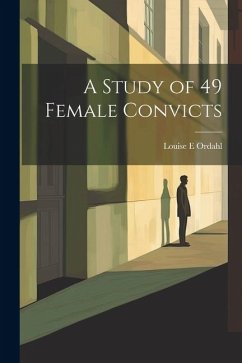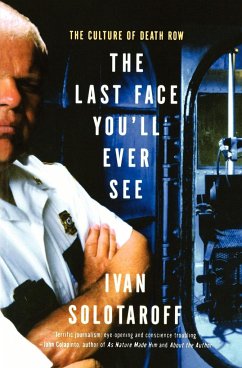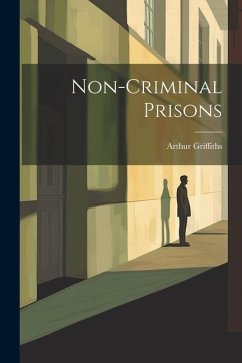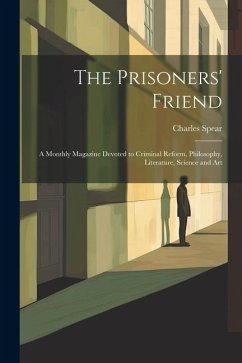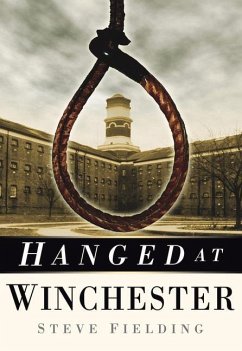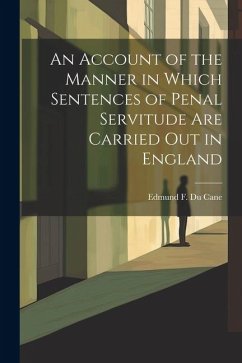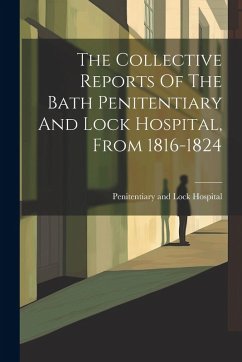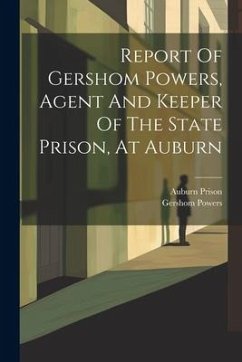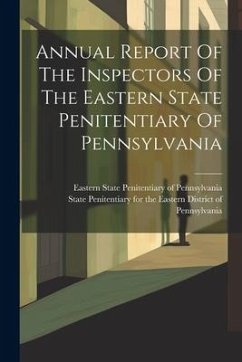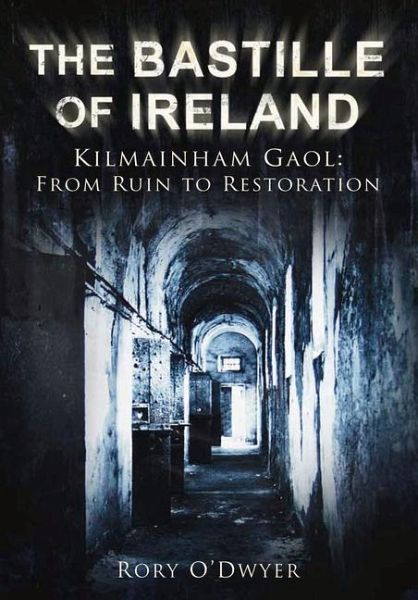
The Bastille of Ireland: Kilmainham Gaol, from Ruin to Restoration
Versandkostenfrei!
Versandfertig in über 4 Wochen
22,99 €
inkl. MwSt.

PAYBACK Punkte
11 °P sammeln!
Kilmainham Gaol is a building with a remarkable history. From 1796, when the first prisoners were received within its portals, to 1924, when the last prisoners were removed, it held more than 100,000 people. In the traditional nationalist linear narrative of Irish history no other gaol in Ireland holds such a powerful resonance. Kilmainham Gaol has unparalleled connections with a whole tradition of interpretation and understanding of Irish history. Following the removal of the last prisoner in 1924 the gaol was abandoned for many years but never quite forgotten. This book traces the story from...
Kilmainham Gaol is a building with a remarkable history. From 1796, when the first prisoners were received within its portals, to 1924, when the last prisoners were removed, it held more than 100,000 people. In the traditional nationalist linear narrative of Irish history no other gaol in Ireland holds such a powerful resonance. Kilmainham Gaol has unparalleled connections with a whole tradition of interpretation and understanding of Irish history. Following the removal of the last prisoner in 1924 the gaol was abandoned for many years but never quite forgotten. This book traces the story from 1924 and demonstrates just how significant the history of the gaol has been since its closure as a prison. The eventual restoration of the gaol became one of the most inspiring instances of active citizenship in modern Irish history. The Bastille of Ireland outlines the progress of the voluntary restoration committee in their efforts to develop the gaol as a national monument to commemorate Ireland's patriotic dead. The author explores something of the ever-changing complexities of nationalist commemoration in Ireland and how the Kilmainham Gaol Museum has been a site where nationalist orthodoxies have been both respected and challenged, helping to ensure that the gaol continues to have a relevance in contemporary cultural life.



